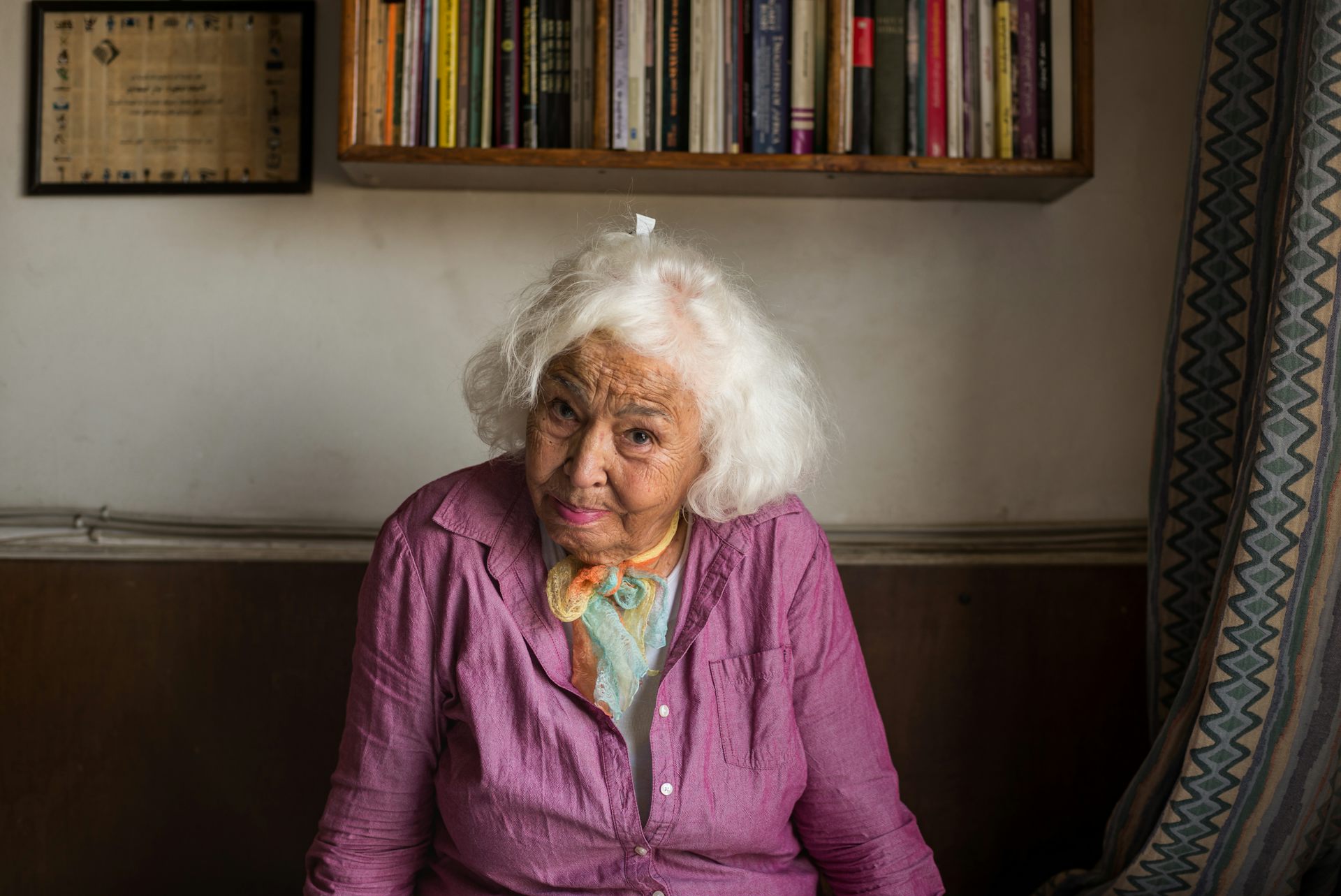


Readers cannot but be drawn into the catastrophe of Firdaus’s life in such a way that her hopesĪnd disappointments become theirs.

Time, place and action works once again to pull the spectator into a place of pain that is utterly particular to the playersīut also universal. What matters is that it unfolds a universal tragedy as great as any of Sophocles, even if without the epic heroes. It does not matter if this story is true or made up, or a bit of both (which it is). Without calculation beyond the immediate need to survive the moment. The person who has been deprived of the ability to viiitrust lives on the margins of society she is only barely human. Is an orphan who was passed from one abusive guardian to another, and her tale shows how trust is tested and finally erodes, Slowly at first and then faster and more urgently, Firdaus recounts a lifetime of betrayal and abuse. Then, on her last night on earth she decides Has wanted to meet Firdaus for weeks, but the prisoner has consistently refused. We watch a drama unfold between two figures whose interchange will remain forever emblazoned on our minds.Ī psychiatrist and a dead-woman-walking confront each other at last. Gradually, the darkness lightens as our eyes become accustomed to it and The room is darkĪnd the air thick with sadness, despair and doom. We enter tentatively and sit quietly, unobtrusively near the door. This novel, or rather creative non-fiction, takes the reader into the cell of a woman To Jeddah to Jerusalem and Johannesburg, Muslim and non-Muslim women know this woman, this heroine of Woman at Point Zero.


 0 kommentar(er)
0 kommentar(er)
